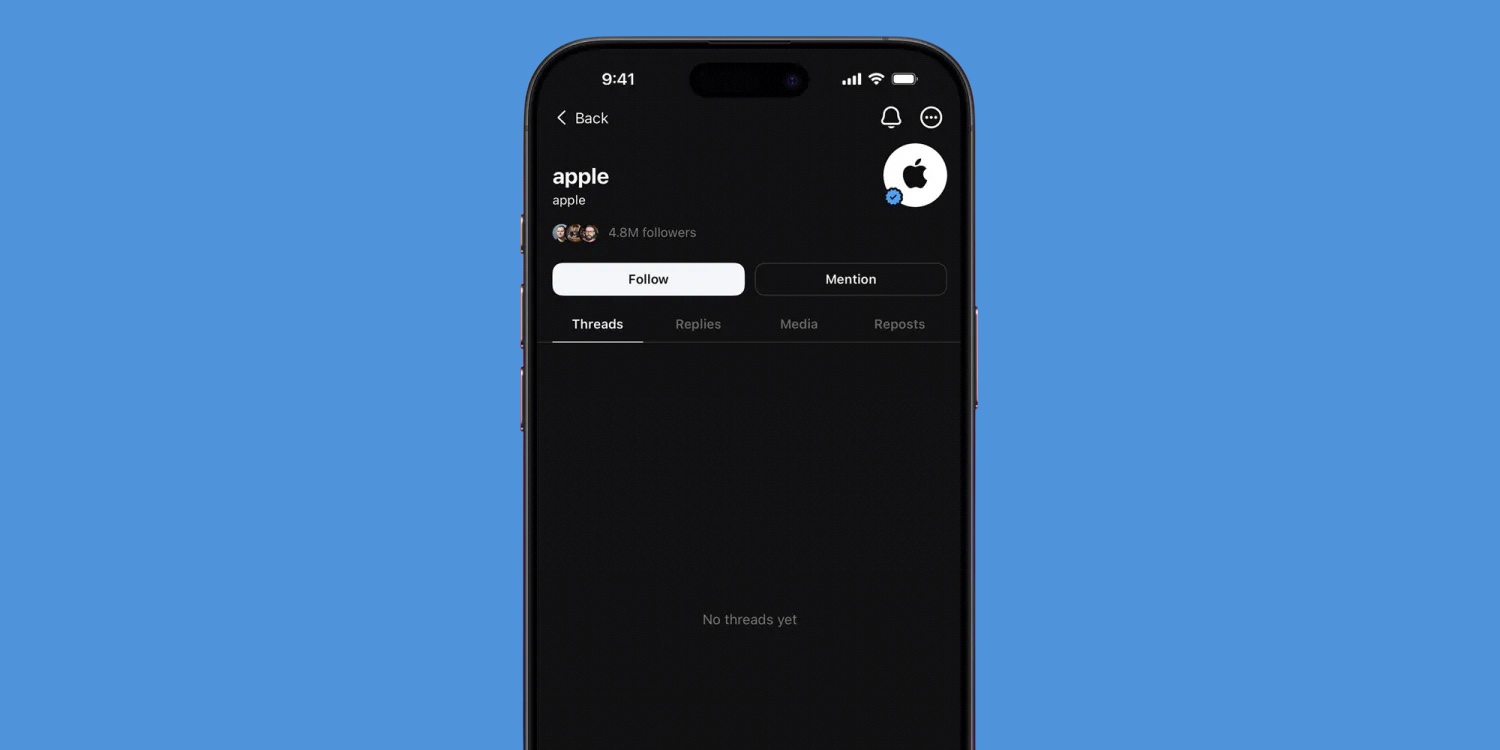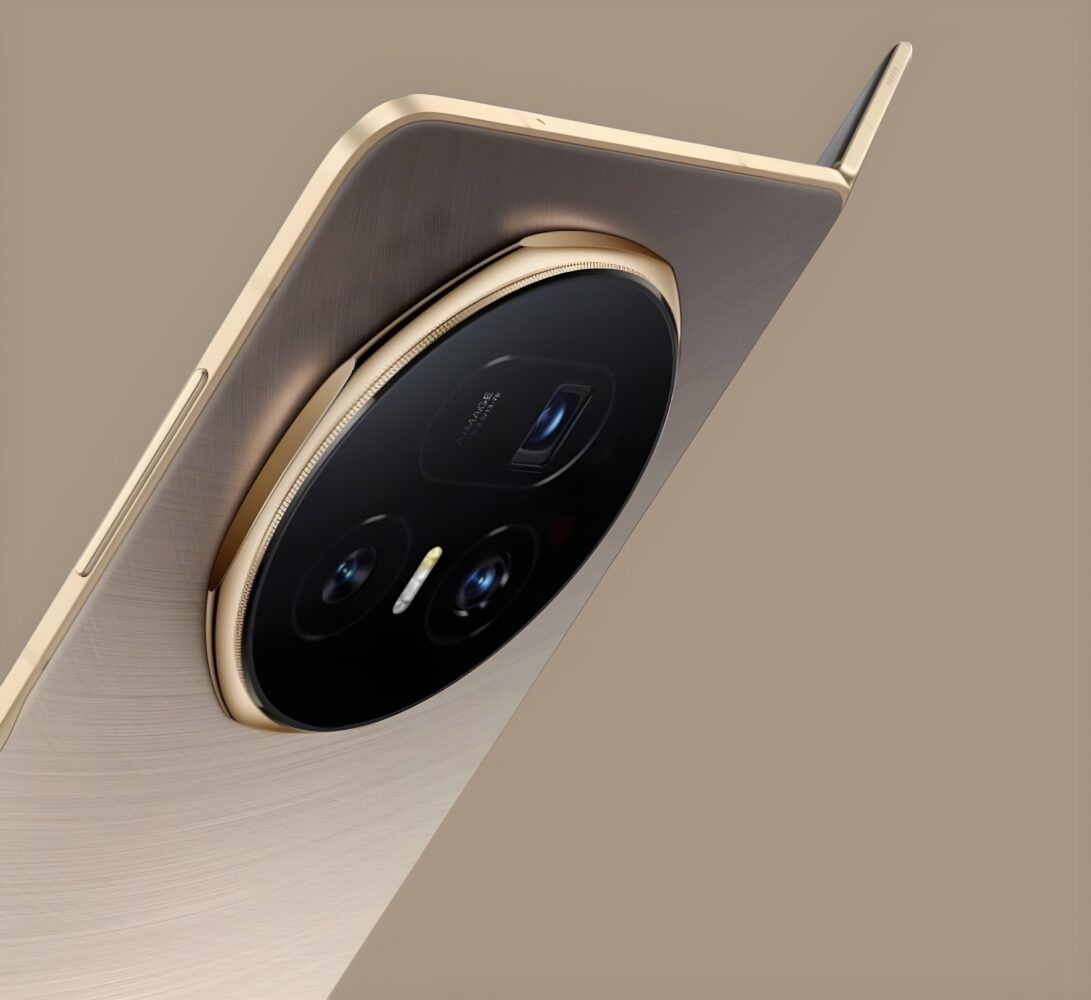The history of the internet can be traced back to the 1960s, when the United States Department of Defense initiated a research project to develop a communication network that could withstand a nuclear attack. This project, called the ARPANET (Advanced Research Projects Agency Network), was the precursor to the modern internet.
The first message was sent over the ARPANET in 1969, and by the end of the year, four universities were connected to the network. Over the next few years, more universities and research institutions joined the network, and in 1972, the first email program was developed.
In the 1980s, the ARPANET was split into two separate networks: one for military use and one for civilian use. The civilian network, known as the Internet, continued to grow and evolve throughout the decade, and in 1989, British computer scientist Tim Berners-Lee invented the World Wide Web.
The World Wide Web revolutionized the way people accessed information on the internet, and by the mid-1990s, the internet had become a mainstream tool for communication and commerce. The development of web browsers like Netscape and Internet Explorer made it easier for people to access websites, and the introduction of search engines like Google made it easier to find the information they were looking for.
The early 2000s saw the rise of social media sites like MySpace and Facebook, which transformed the internet into a more interactive and social space. The proliferation of smartphones and mobile devices in the late 2000s and early 2010s made it easier for people to access the internet from anywhere, at any time.
Today, the internet is an essential part of everyday life for billions of people around the world. It has transformed the way we communicate, work, learn, and entertain ourselves, and its impact on society and the global economy is immeasurable.





